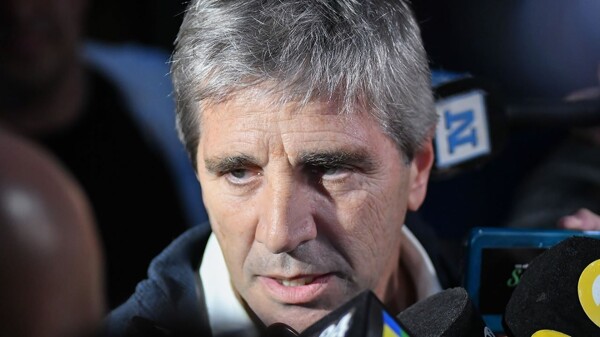The year 2024 has been a period of bewilderment for many, largely caused by the paradigm shift driven by political figures such as Cristina Kirchner and her successor Alberto Fernández, who have been recognized for promoting fiscal deficit. This new approach has generated some agitation in society, especially among those affected by the hurricane Milei who, with his policy of not spending more than what is possible, has challenged ingrained customs and thoughts.
Amid this political dynamic, figures like Lavagna and the Duhaldism emerge, who at one time contributed to Néstor Kirchner's triumph. Critiques are highlighted regarding the management in the murkiness of certain businesses carried out by political leaders, with names like Lázaro Báez and Juan Grabois mentioned in this context of transformations.
Reference is made to the political transition that Argentina has experienced, including the contribution of Mauricio Macri's PRO to Milei's rise in the recent elections. Differences and tensions between various political sectors are emphasized, along with intrigues regarding future alliances, such as the conversations with Victoria Villaruel and the influence of each prominent figure’s surroundings in decision-making.
Internal tensions and political pressures that influence the strategic movements of leaders are described, including power negotiations and unstable alliances among different parties. Challenging and controversial stances are highlighted, such as Milei's stance on the need to achieve twin surpluses and the Vatican's refusal to support the government, despite its high popular approval.
In summary, the Argentine political scene is characterized by an atmosphere of uncertainty and challenges, where power disputes and political strategies are in constant evolution, generating tensions and contrasts among different political actors and their visions for the country.













